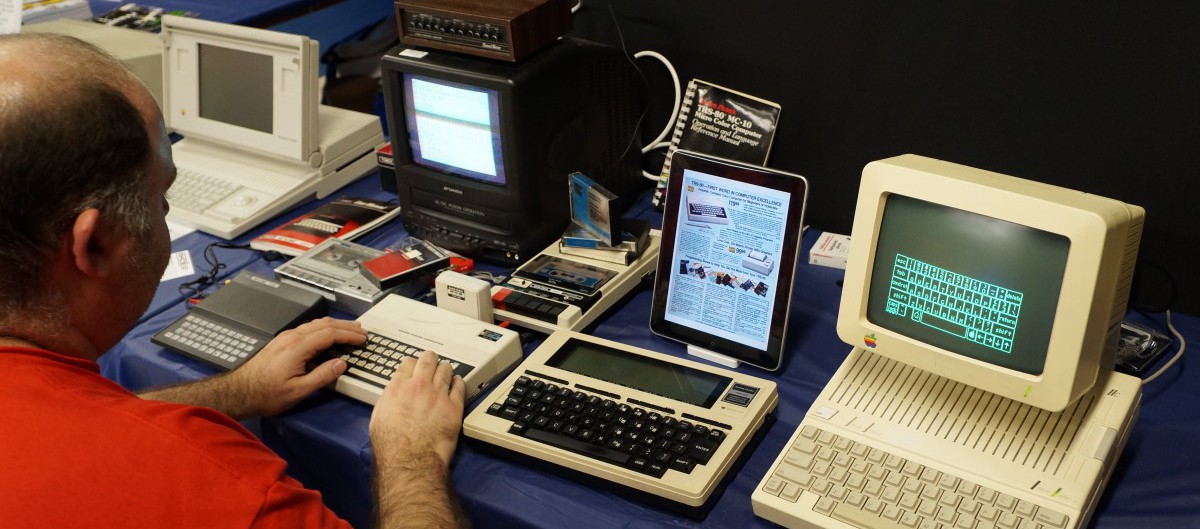Updated thinkpiece: Think Piece for Final Portfolio
In recent months, the African American community has been outraged by the many ways their culture and history have been shamed and mimicked in mainstream media. From Rachel Dolezal’s portrayal of “Blackness”, the creation of bantu knots being credited to Marc Jacobs as “twisted mini buns”, cornrows going from unprofessional to edgy, and the twist out being coined as a “rope trick”, many are taking to social media to express their absolute disgust at the colonization or appropriation of Black culture.
Appropriation, as defined by teen actress Amandla Stenberg “occurs when a style leads to racist generalizations or stereotypes where it originated but is deemed as high fashion, cool or funny when the privileged take it for themselves. Appropriation occurs when the appropriator is not aware of the deep significance of the culture they are partaking in.”
There is a fine line between appropriating and appreciating Black culture and that line is crossed and often ignored.
Why the Uproar?
To many this may seem like a trivial but to those that are on the receiving end of appropriation, this is disrespectful. A common claim is that appropriation pushes the unspoken feeling that as African Americans, the things that are a part of our culture are more acceptable when used by others.
When Allure magazine offered advice on how to achieve a “loose Afro”, it was not received well when two years before a 12-year-old Florida student faced expulsion for what was described as “distracting” hair. Why is it that what is natural to a group of people is penalized but acceptable when replicated?
We Need a Resolution
To say there is an issue to cultural appropriation is to say that there is an end to cultural fusion. The community is not asking to have ownership over the many things that make them who they are. All that is being requested is the ability to have the pieces of their lifestyle appreciated. I’ll end with the words of Stenberg because they summarize the situation perfectly,
“What would America be like if we loved black people as much as we love black culture?”
Works Cited
Abdul-Jabbar, Kareem. “Cornrows and Cultural Appropriation.” Time. Time, 25 Aug. 2016. Web. 16 Feb. 2016.
Sehgal, Parul. “Is Cultural Appropriation Always Wrong?” The New York Times. The New York Times, 29 Sept. 2015. Web. 16 Feb. 2016.
Stenberg, Amandla. “Don’t Cash Crop On My Cornrows Transcript.” LYBIOnet. LYBIOnet. Web. 16 Feb. 2016.
Reflection
For this piece, I was determined to shed light on an issue that I take personally. The problem of cultural appropriation is one that is so dominant because many do not see it as an issue worth acknowledging. It has become a hindrance in main stream media, as many talented artists and performers are being excluded because their individuality is being colonized as an “edgy” gimmick.Particularly with the #OscarsSoWhite controvesy and #CosmoHeadlines that have been rampant on Twitter and Facebook, it is hard to ignore something that frustrating.
There are some changes I would like to adjust, such as adding quotations and making the piece a little less personal.
As a novice blogger, I understand the importance of respecting culture and giving credit when due. My hope is that this piece is the continuation of a dialogue that affects many.



